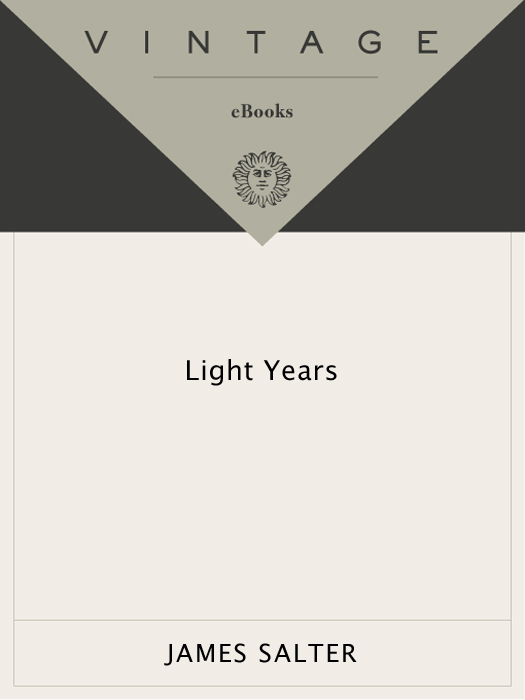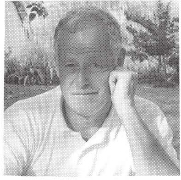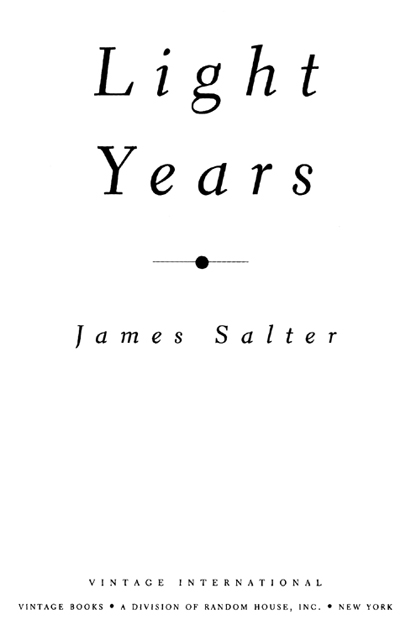ACCLAIM FOR
James Salter
No author in so few pages has ever with such icy logic and steaming carnality depicted the inexorable passing of years.
Ned Rorem
Salters prose is spare, pared down so that the light on the other side of the language nearly shows through and makes the sentences luminous. Salters achievement is that he uses his accomplished English to call our attention to precise moods and images, the feeling-tone of figures caught in landscapes of transcendent prose.
Alan Cheuse, Chicago Tribune
There is scarcely a writer alive who could not learn from [Salters] passion and precision of language.
Peter Matthiessen
Admirers of James Salters fiction speak of it reverently, with delicacy, almost in awe. He writes about the fragility of thingsfamilies, love, sexuality, successin prose that is as careful and light as a structure made of eggshells.
Los Angeles Times Books Review
Salter inhabits the same rarefied heights as Flannery OConnor, Paul Bowles, Tennessee Williams and John Cheever.
Washington Post Book World
This novelexplicitly moody, tender, elegiacdetails the disintegration of a love and the unraveling of a well-knit life by the hearth. What finally emerges is a narrative that is more thrilling than its cadences, its descriptive felicities or evocations of character. It is the sense we get, in places almost overpowering, that its real protagonist is time.
Sven Birkerts, The Nation
Salter is that rare writer who takes us inside worlds we may never be able to experience firsthand.
San Francisco Chronicle
Salter is an ultimately modern writer [whose] prose style is simultaneously terse and elegant, with alternately hectic and hypnotic rhythms. The images he uses are complicated and sometimes oblique. [Salter] observes accurately and intensely.
A. R. Gurney, The New York Times Book Review
Brilliant moving [and] full of truth.
Edna OBrien
Among contemporary novelists, I can think of none who has written a novel more beautiful than Light Years. One must take care to read this book as slowly as possible, ruefully foreseeing that it will end. In our minds it will be a nourishing presence always like To the Lighthouse, Tender Is the Night, ALost Ladya presence that we will have a hard time imagining our once having had to live without.
Brendan Gill
JAMES SALTER
Light Years
James Salter was born in 1925 and grew up in New York City. Like his father, he attended West Point, and was commissioned in the Air Force in 1945. He served for twelve years in the Pacific, the United States, Europe, and Korea, where he flew over one hundred combat missions as a fighter pilot. He resigned from the Air Force after his first novel came out in 1957, and has earned his living as a writer ever since. His work has received numerous awards, including an award from the American Academy and Institute of Arts and Letters in 1982. Many of his short stories have appeared in O. Henry collections and Best American Short Stories; nearly all of them have been published in The Paris Review, Esquire, and Grand Street. His collection Dusk & Other Stories received the PEN/Faulkner Award in 1988.

A LSO BY J AMES S ALTER
FICTION
Dusk & Other Stories
Solo Faces
A Sport and a Pastime
The Hunters
Cassada
(previously published as The Arm of Flesh)
Last Night
NONFICTION
Gods of Tin
Burning the Days

First Vintage International Edition, February 1995
Copyright 1975 by James Salter
All rights reserved under International and Pan-American Copyright
Conventions. Published in the United States by Vintage Books,
a division of Random House, Inc., New York, and
simultaneously in Canada by Random House of
Canada Limited, Toronto. Originally published
in hardcover by Random House, Inc.,
New York, in 1975.
The Library of Congress Cataloging-in-Publication Data
Salter James.
Light Years.
I. Title
PZ4.S177L13 [PS3569.A4622] 813.54 74-29594
eISBN: 978-0-307-78172-7
Author photograph Sally Gall
v3.1
Contents
One
1
WE DASH THE BLACK RIVER, ITS flats smooth as stone. Not a ship, not a dinghy, not one cry of white. The water lies broken, cracked from the wind. This great estuary is wide, endless. The river is brackish, blue with the cold. It passes beneath us blurring. The sea birds hang above it, they wheel, disappear. We flash the wide river, a dream of the past. The deeps fall behind, the bottom is paling the surface, we rush by the shallows, boats beached for winter, desolate piers. And on wings like the gulls, soar up, turn, look back.
The day is white as paper. The windows are chilled. The quarries lie empty, the silver mine drowned. The Hudson is vast here, vast and unmoving. A dark country, a country of sturgeon and carp. In the fall it was silver with shad. The geese flew overhead in their long, shifting Vs. The tide flows in from the sea.
The Indians sought, they say, a river that ran both ways. Here they found it. The salt wedge penetrates as far in as fifty miles; sometimes it reaches Poughkeepsie. There were huge beds of oysters here, seals in the harbor, in the woods inexhaustible game. This great glacial cut with its nuptial bays, the coves of wild celery and rice, this majestic river. The birds, like punctuation, are crossing in level flight. They seem to approach slowly, accelerate, pass overhead like arrows. The sky has no color. A feeling of rain.
All this was Dutch. Then, like so much else, it was English. The river is a reflection. It bears only silence, a glittering cold. The trees are naked. The eels sleep. The channel is deep enough for ocean liners; they could, if they wished, astonish the inner towns. There are turtles and crabs in the marshes, herons, Bonaparte gulls. The sewage pours from the cities further up. The river is filthy, but cleanses itself. The fish are numbed; they drift with the tide.
Along the banks there are houses of stone, no longer fashionable, and wooden houses, drafty and bare. There are still estates that exist, remnants of the great land parcels of the past. Near the water, a large Victorian, the brick painted white, trees high above it, a walled garden, a decaying greenhouse with ironwork along the roof. A house by the river, too low for the afternoon sun. It was flooded instead with the light of morning, with the eastern light. It was in glory at noon. There are spots where the paint has turned dark, bare spots. The gravel paths are dissolving; birds nest in the sheds.
We strolled in the garden, eating the small, bitter apples. The trees were dry and gnarled. The lights in the kitchen were on.


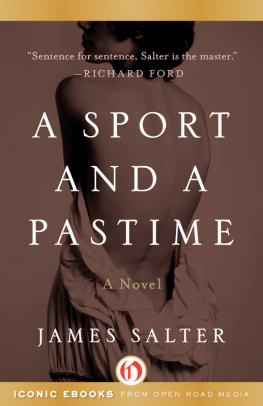

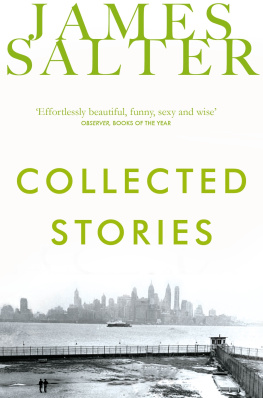
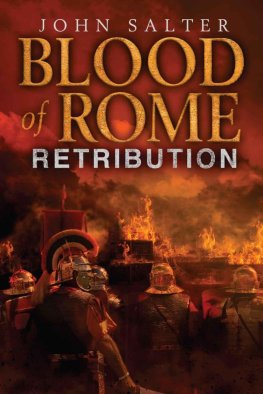
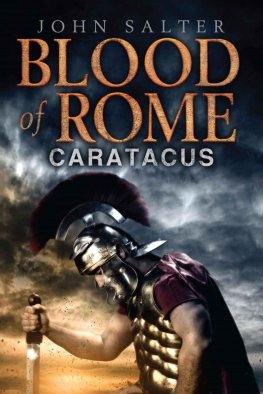
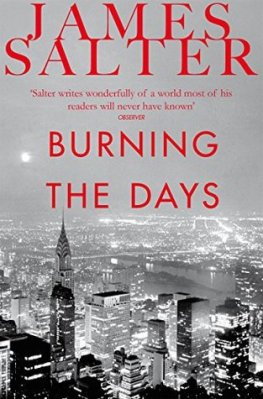
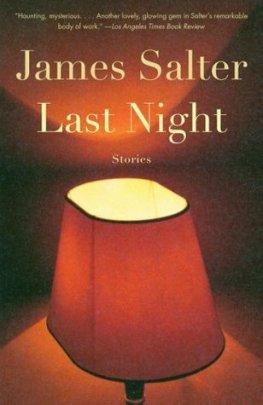
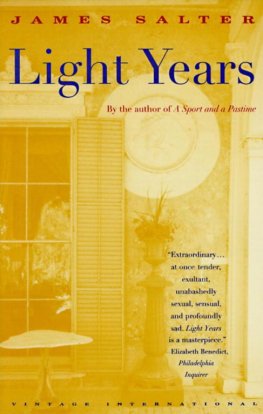
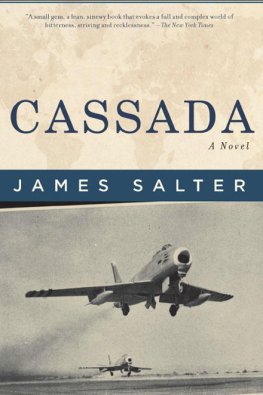
![James Salter - A sport and a pastime : [a novel]](/uploads/posts/book/43559/thumbs/james-salter-a-sport-and-a-pastime-a-novel.jpg)
